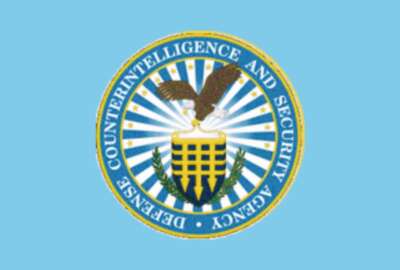NIH’s Gottesman at forefront of anti-cancer research
Dr. Michael M. Gottesman has spent four decades researching cancer cells and overseeing the development of anti-cancer drugs at the National Institutes of Healt...
wfedstaff | April 17, 2015 5:18 pm
In a career spanning four decades, Dr. Michael M. Gottesman, the deputy director of intramural research at the National Institutes of Health, has been a leading scientist in the field of cancer research.
He has studied how cancer cells resist some widely used chemotherapy drugs and developed molecular tools to map drug-resistant genes found in cancer cells.
“His body of work identified the intricate processes by which cancer cells resist a variety of anti-cancer drugs, demonstrating a need for new approaches for the development of better drugs,” said NIH Director Dr. Harold Varmus.

Gottesman was recently interviewed on the Federal Drive with Tom Temin and Emily Kopp. He also answered the following questions about himself and his career in the federal government.
What three words best describe your leadership philosophy:
Listen, learn, act
What’s the best piece of advice you’ve ever received and who gave it to you?
When I first joined the NIH in the 1970s, my first supervisory scientific director (Division of Cancer Biology and Diagnosis, NCI) was Dr. Alan S. Rabson, a legendary figure at the NIH and in the National Cancer Institute. As I advanced in my career, he said to me: “Remember, always be respectful to the people who work for you, because eventually you may work for them!”
Who is your biggest role model and why?
Again, Dr. Rabson, currently a deputy director in the National Cancer Institute, has served as a role model for my career as an active scientist and for the last 20 years has been an adviser and role model as I have taken a leadership role as deputy director for intramural research at the NIH. Dr. Rabson has an incredible eye for talent, and once he recognizes it, he does everything he can to provide outstanding mentoring and advocacy. He made sure that the scientists he supervised had the resources they needed to succeed, and he created an ideal environment for creative science that had significant impact on the public health. He is known for his integrity, for his knowledge of the workings of government and research at the NIH, and for his willingness to give outstanding advice to everyone who seeks his help.
What’s the last thing you read and what’s next on your reading list?
I recently finished reading Justice Sonia Sotomayor’s autobiography “My Beloved World,” which makes an extraordinary case for diversity and inclusiveness in public life. The essays on evolution by Sean Carroll, “Remarkable Creature,” are next on my list.
What’s your favorite bureaucratic phrase?
I try to be flexible, precise, and personalized in all of my administrative decision-making and know of no bureaucratic homilies that cover this approach.
The Career Achievement Medal is just one of the Samuel J. Heyman Service to America Medals (Sammies) presented annually by the Partnership for Public Service. View a gallery of all the Sammies nominees here.
Copyright © 2024 Federal News Network. All rights reserved. This website is not intended for users located within the European Economic Area.
Michael O’Connell is senior digital editor of Federal News Network optimizing content for the best user experience. Follow @moconnellWFED
Follow @moconnellWFED






